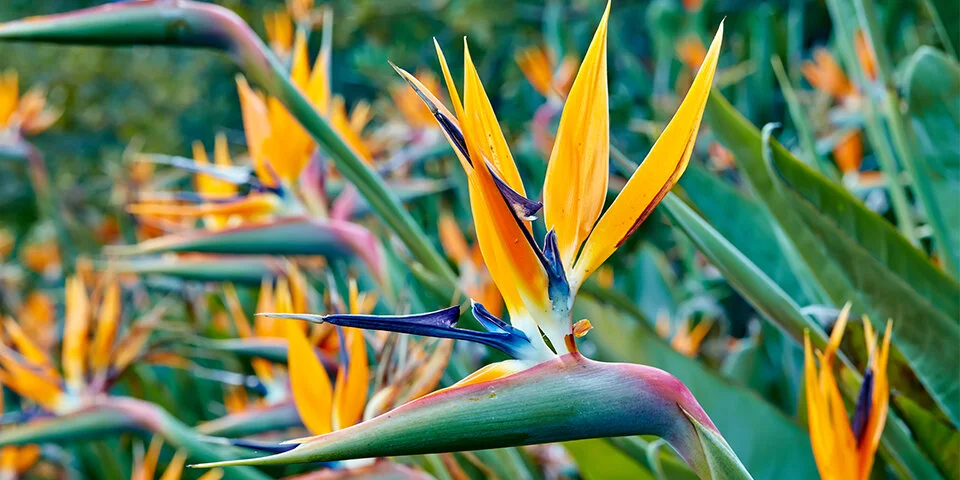For the last decade we have treated tomatoes as a year-round crop, though there is usually a period of low productivity in the late spring and early summer. More recently we have found that some eggplants will survive through the winter and will produce a few fruit, even during the coldest months.
Early in this series of articles, I wrote discouragingly about eggplants because my plants, whether bought from the nursery or grown from seed, produced little and died early, mostly likely from verticillium wilt. In the last decade I had somewhat better success in years when warm weather arrived in July rather than August. Some websites claim to identify disease-resistant varieties, but their recommendations are so inconsistent that I didn’t consider them useful. We had the greatest success with ‘Black Bell.' A plant we started from seed four years ago wintered over and promised a crop the next summer until a gopher attack ended its life.
Two years ago, I bought seed for ‘Night Shadow’ from Twilley. It was described as the “best replacement for Black Bell and Black Bell II.” I started seed in mid-March 2023 and it grew well, producing an abundant summer and fall crop. Surprisingly, it continued to produce decent amounts of fruit through the winter and spring. This year, with the warm weather of August, production has exploded, and I am regularly pruning back the two large plants when they overgrow the paths. In the Asian or African tropics where they originated, eggplants are perennial, and our ‘Night Shadow’ plants look like they could continue to flourish and bear for another year at least. The ‘trunks’ are getting pretty thick and gnarled, so I’ll probably want to replace the plants next year. Some websites in Florida report that the plants can be kept healthy and productive for at least four years.
This year I started seed of ‘Rhapsody’, a variety strongly recommended by Twilley. It is parthenocarpic, meaning that it doesn’t require pollination to develop fruit and will remain seedless, retaining for longer its tenderness and sweetness, so long as it’s not grown too close to another variety. The young plants were heavily attacked by flea beetles, and it was late August before they were tall enough that the new leaves could escape their attention. Flea beetles were not a problem for the ’Night Shadow’ plants that wintered over, though the new growth close to the ground showed the expected damage. The fruit we have had from ‘Rhapsody’ is good but not conspicuously better than what we get from ‘Night Shadow’, probably because we harvest the fruit when it is about half the size of the eggplants you buy in the supermarket.
The photo shows one of our 18-month from seed plants of ‘Night Shadow’. It’s not a thing of beauty and it doesn’t look very healthy, but it churns out excellent fruit almost faster than we can use it or give it away. There’s not much fruit visible in the photo but when you lift the branches sprawling along the ground you’ll be shocked at how much more turns up.

